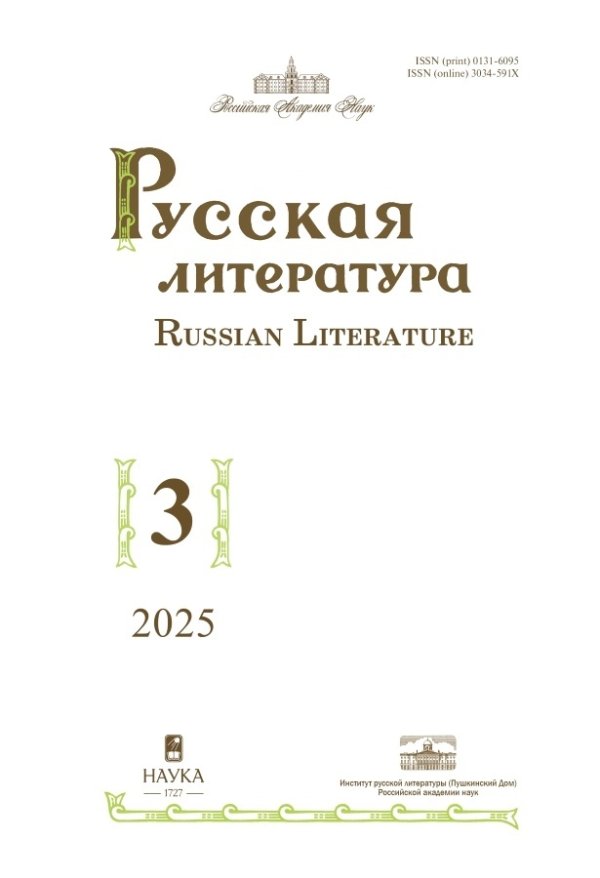Vicente Blasco Ibáñez: Russian Characters and References
- Authors: Korkonosenko K.S.1
-
Affiliations:
- Institute of Russian Literature (Pushkinskij Dom), Russian Academy of Sciences
- Issue: No 3 (2025)
- Pages: 220-224
- Section: Публикации и сообщения
- URL: https://rjpbr.com/0131-6095/article/view/691792
- DOI: https://doi.org/10.31860/0131-6095-2025-3-220-225
- ID: 691792
Cite item
Abstract
«The Russian theme» was not the key one is the art of Vicente Blasco Ibáñez, yet he did create a Russian character whose mentality reflected that of the author in one of his major novels, The Four Horses of the Apocalypse (1916) and featured the Russian emigres as the principal characters of two novellas, An Old Man from the English Boulevard (1924) and The Devouress (1926); Russian emigres play a major part in his posthumously published novel An Angel with the Golden Wings (1930). The Spanish writer who had spent his final years near Nice, could witness the daily routine of the Russian emigres, talk with them, and that’s why he only goes astray while describing the Revolutionary Russia he had never visited.
About the authors
K. S. Korkonosenko
Institute of Russian Literature (Pushkinskij Dom), Russian Academy of Sciences
Email: korkonos@mail.ru
References
- Bagno V. E. «Los muertos mandan»: la rueda ibero-rusa / / Vicente Blasco Ibáñez, 1898–1998. La vuelta al siglo de un novelista: actas del Congreso Internacional celebrado en Valencia del 23 al 27 de noviembre de 1998. 2000. Vol. 2.
- Blasco Ibáñez V. Novelas de amor y de muerte. Barcelona, 1980.
- Blasko Iban’es V. Pozhiratel’nitsa: Novella / / Inostrannaia literatura. 2025. № 2.
- Cobeta Gutiérrez B. La recepción de la obra de Vicente Blasco Ibáñez en Estados Unidos (1900–1928). Madrid, 2018.
- Keiler Kh. Krasnyi sad. Russkaia kavaleriia / / Kazan’. 2009. № 11.
- Nechaev S. Iu. Russkaia Nitstsa. M., 2010.
- Neopublikovannye pis’ma Blasko Iban’esa russkim perevodchikam / Publ. Z. I. Plavskina / / Voprosy literatury. 1958. № 2.
Supplementary files











